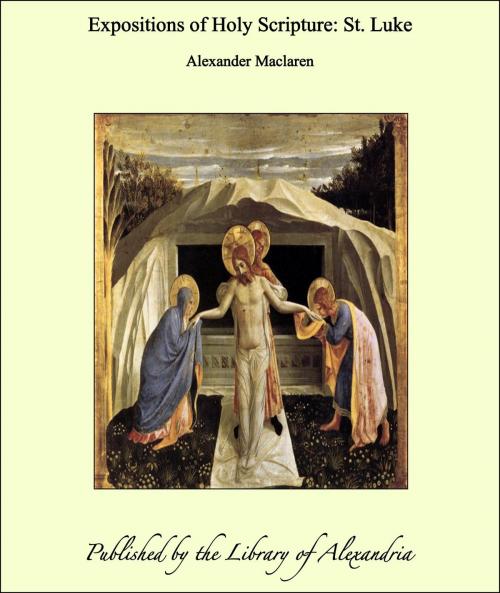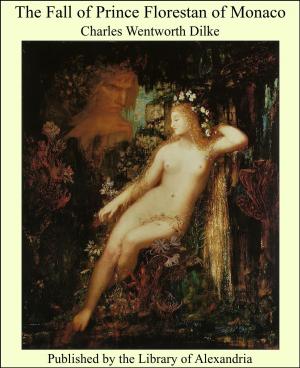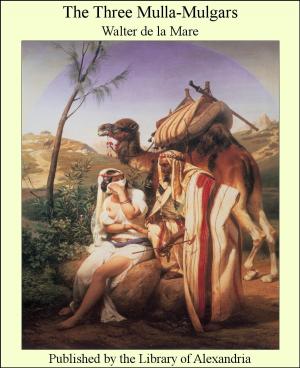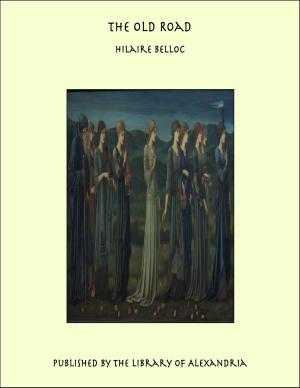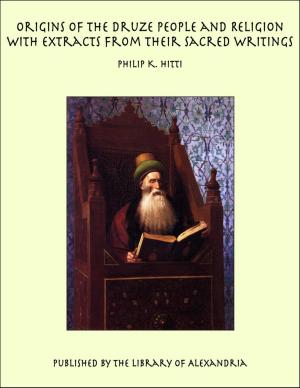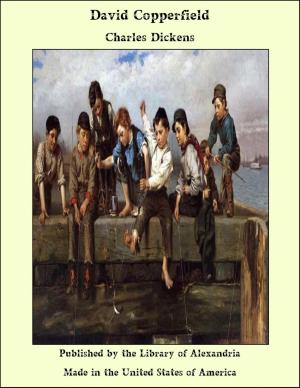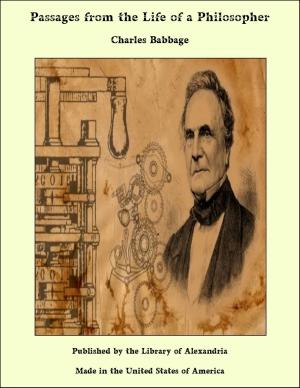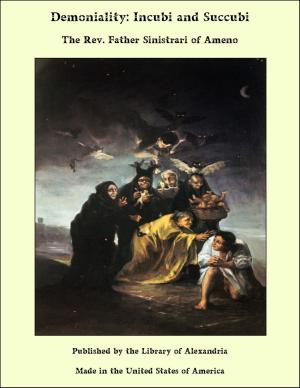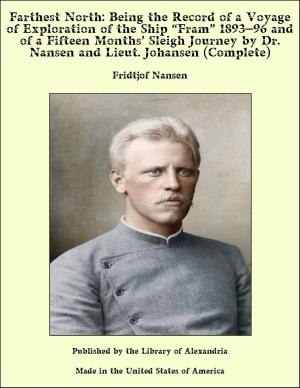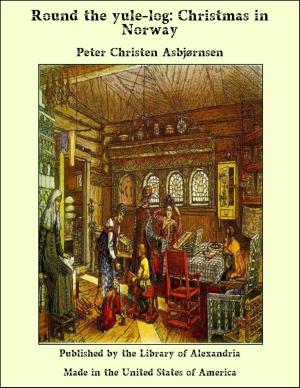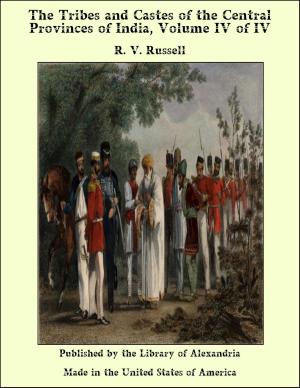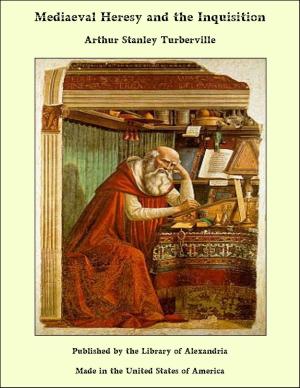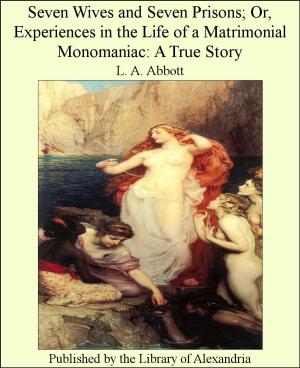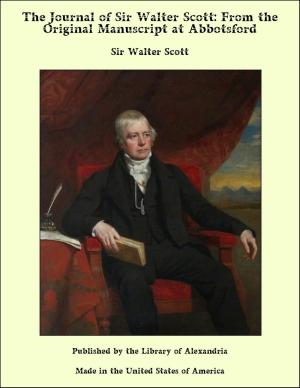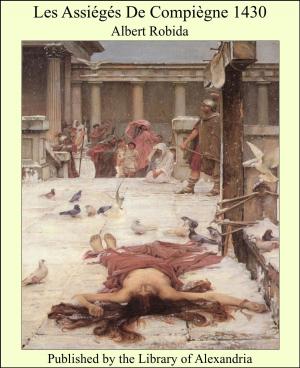Expositions of Holy Scripture: St. Luke
Nonfiction, Religion & Spirituality, New Age, History, Fiction & Literature| Author: | Alexander Maclaren | ISBN: | 9781465558725 |
| Publisher: | Library of Alexandria | Publication: | July 29, 2009 |
| Imprint: | Library of Alexandria | Language: | English |
| Author: | Alexander Maclaren |
| ISBN: | 9781465558725 |
| Publisher: | Library of Alexandria |
| Publication: | July 29, 2009 |
| Imprint: | Library of Alexandria |
| Language: | English |
ELIJAH COME AGAIN 'There was, in the days of Herod the king of Judea, a certain priest named Zacharias, of the course of Abia: and his wife was of the daughters of Aaron, and her name was Elisabeth. 6. And they were both righteous before God, walking in all the commandments and ordinances of the Lord blameless. 7. And they had no child, because that Elisabeth was barren; and they both were now well stricken in years. 8. And it came to pass, that, while he executed the priest's office before God in the order of his course, 9. According to the custom of the priest's office, his lot was to burn incense when he went into the temple of the Lord. 10. And the whole multitude of the people were praying without at the time of incense. 11. And there appeared unto him an angel of the Lord standing on the right side of the altar of incense. 12. And when Zacharias saw him, he was troubled, and fear fell upon him. 13. But the angel said unto him, Fear not, Zacharias: for thy prayer is heard; and thy wife Elisabeth shall bear thee a son, and thou shalt call his name John. 14. And thou shalt have joy and gladness; and many shall rejoice at his birth. 15. For he shall be great in the sight of the Lord, and shall drink neither wine nor strong drink; and he shall be filled with the Holy Ghost, even from his mother's womb. 16. And many of the children of Israel shall he turn to the Lord their God. 17. And he shall go before Him in the spirit and power of Elias, to turn the hearts of the fathers to the children, and the disobedient to the wisdom of the just; to make ready a people prepared for the Lord.' —LUKE i. 5-17. The difference between the style of Luke's preface (vs. 1-4) and the subsequent chapters relating to the Nativity suggests that these are drawn from some Hebrew source. They are saturated with Old Testament phraseology and constructions, and are evidently translated by Luke. It is impossible to say whence they came, but no one is more likely to have been their original narrator than Mary herself. Elisabeth or Zacharias must have communicated the facts in this chapter, for there is no indication that those contained in this passage, at all events, were known to any but these two. If we were considering a fictitious story, we should note the artistic skill which prepared for the appearance of the hero by the introduction first of his satellite; but the order of the narrative is due, not to artistic skill, but to the divinely ordered sequence of events. It was fitting that John's office as Forerunner should begin even before his birth. So the story of his entrance into the world prepares for that of the birth which hallows all births
ELIJAH COME AGAIN 'There was, in the days of Herod the king of Judea, a certain priest named Zacharias, of the course of Abia: and his wife was of the daughters of Aaron, and her name was Elisabeth. 6. And they were both righteous before God, walking in all the commandments and ordinances of the Lord blameless. 7. And they had no child, because that Elisabeth was barren; and they both were now well stricken in years. 8. And it came to pass, that, while he executed the priest's office before God in the order of his course, 9. According to the custom of the priest's office, his lot was to burn incense when he went into the temple of the Lord. 10. And the whole multitude of the people were praying without at the time of incense. 11. And there appeared unto him an angel of the Lord standing on the right side of the altar of incense. 12. And when Zacharias saw him, he was troubled, and fear fell upon him. 13. But the angel said unto him, Fear not, Zacharias: for thy prayer is heard; and thy wife Elisabeth shall bear thee a son, and thou shalt call his name John. 14. And thou shalt have joy and gladness; and many shall rejoice at his birth. 15. For he shall be great in the sight of the Lord, and shall drink neither wine nor strong drink; and he shall be filled with the Holy Ghost, even from his mother's womb. 16. And many of the children of Israel shall he turn to the Lord their God. 17. And he shall go before Him in the spirit and power of Elias, to turn the hearts of the fathers to the children, and the disobedient to the wisdom of the just; to make ready a people prepared for the Lord.' —LUKE i. 5-17. The difference between the style of Luke's preface (vs. 1-4) and the subsequent chapters relating to the Nativity suggests that these are drawn from some Hebrew source. They are saturated with Old Testament phraseology and constructions, and are evidently translated by Luke. It is impossible to say whence they came, but no one is more likely to have been their original narrator than Mary herself. Elisabeth or Zacharias must have communicated the facts in this chapter, for there is no indication that those contained in this passage, at all events, were known to any but these two. If we were considering a fictitious story, we should note the artistic skill which prepared for the appearance of the hero by the introduction first of his satellite; but the order of the narrative is due, not to artistic skill, but to the divinely ordered sequence of events. It was fitting that John's office as Forerunner should begin even before his birth. So the story of his entrance into the world prepares for that of the birth which hallows all births
